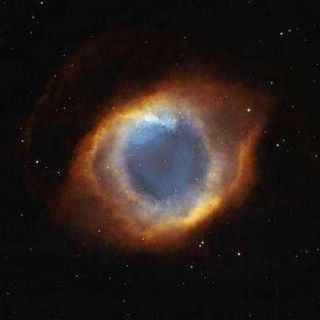Wealth of Nations
I wanted to read Adam Smith's WEALTH OF NATIONS this summer. It was going to be my summer reading project. There have been a lot of distractions this summer, so I'm only a little shy of half way through. I could have avoided some of the distractions, but that's the way summers go. I have to admit: this is a tough book. Some of what Smith writes is simple common sense - followed by endless pages on explanation on the reduction of the amount of gold in the English pound, or price fluctuations of corn, or other things that are important to an economist. These explanations are valid today, and if I took the time to study the text carefully, perhaps even taking notes, I would probably understand more of it. From reading the part I have read, I've come to the conclusion that capitalism works because it is based on common sense and on the way real people act.No matter how much it annoys leftists who rail against "greedy capitalists" and long for Marx's promised socialist utopia, capitalism works. That should be obvious to anyone who has honestly compared the economies of capitalist countries with those of communist countries. Which way are more people immigrating? If I recall, more Cubans are willing to risk their lives on leaky rafts to reach Florida than the other way around. In fact, from Florida, you could take the ninety mile ride in comfort. But how many people do it? Hugo Chavez is forcing a brain drain from Venezuela in his quest to force socialism down the throats of Venezuelans. Jungle Mom has been keeping us abreast on the nascent Hugotopia. As much as Chavez, Castro, and the hypocritical Hollywood morons who worship them want to deny it, people don't work the way Marx claims they do.
Getting back to Mr. Smith, he opens by discussing a simple concept: division of labor. Much more wealth is created and many more necessary products are available to the average person because many people are at work in the various aspects of product creation. In the making of a shirt, you have people who pick the cotton, others who spin the cotton to create the thread, still others who make the fabric. Then there are those who make the dyes for the shirt, those who make the machines that all of the manufacturers use to make the different parts of the shirt, the people who transport the materials and the finished product, etc. In the end, this is much more efficient than each family having to make their own clothes by going through the entire process.
Smith goes into wages, profit, capital, labor, rent, stock, money, prices, and everything else you can imagine that would be covered by economic theory. He even talks about that ultimate evil (if you are a Marxist) that concept that is even more foul, more disgusting, more wicked and diabolical than profit: self-interest. Smith recognizes that self-interest is what drives people. While those on the left see this as "greed" and condemn it, Smith sees it as how people operate. It's neither good or bad in itself, it just is. He is under no illusion that all of us work together under Capitalism. Some people work against others; bosses and employees certainly have conflicting interests when it comes to the level of wages. Two merchants selling the same product may have to compete for the same customers.
I probably won't finish this monster this summer, but eventually I will. The parts that aren't tedious and boring are fascinating in their simplicity and common sense. Ideologues who through their own inability to get what they want, who are bothered because not everyone succeeds, or who are simply morally twisted and condemn Capitalism and the philosophy of Adam Smith out of pure hatred, distort what he has to say in order to make their point.
Is Capitalism fair? In the sense that it gives us all the chance to succeed and excel if we want to take that chance, yes it is. In the sense that under Capitalism, people have more freedom (to succeed and fail) than under any other system, yes it is. In the fact that there is no guarantee of success, and certainly no equality of outcome, then no it isn't . But then, as your parents probably told you a long time ago, life isn't fair.
Labels: Adam Smith, Weatlh of Nations

 CHALLAH AKBAR
CHALLAH AKBAR











1 Comments:
I was waiting for the last line, Life is not air! Sad, but true.
Post a Comment
<< Home